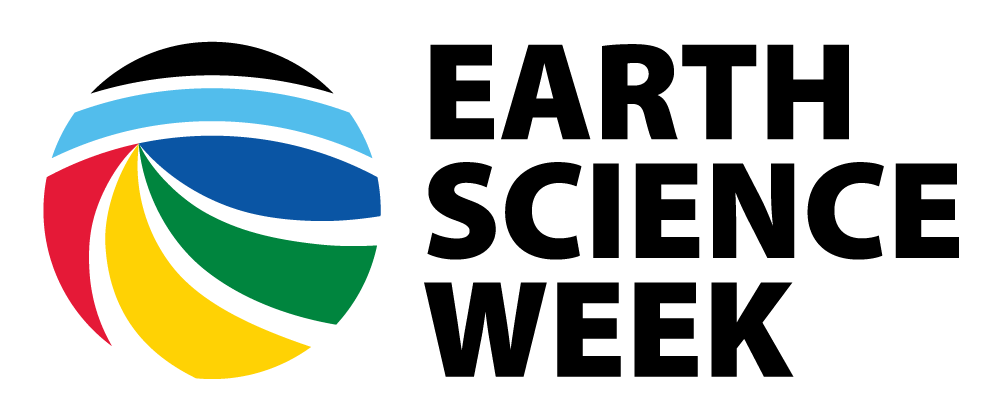Climate and Temperature
Climate and Temperature Activity Source: Soil Science Society of America. Adapted with permission.
There are many factors that combine to form soil, an important, slowly renewable resource. Some of these factors include climate, organisms, relief, parent material, and time. Soil provides the food, fiber, and building materials to nourish, clothe, and house Earth’s inhabitants.
How does climate help soil to form? In warm, moist climates such as those in tropical rainforests, organic (formerly living) material breaks down most quickly.
[Read More]
